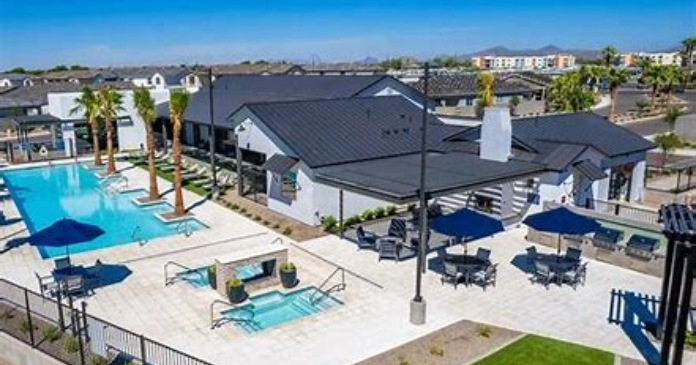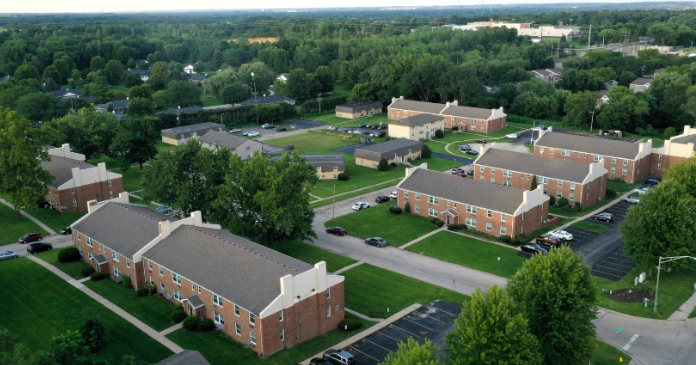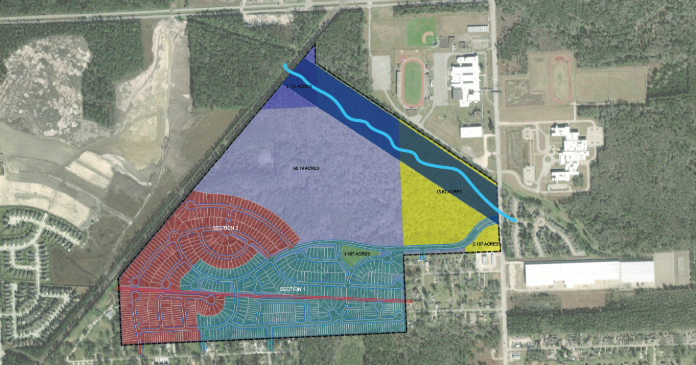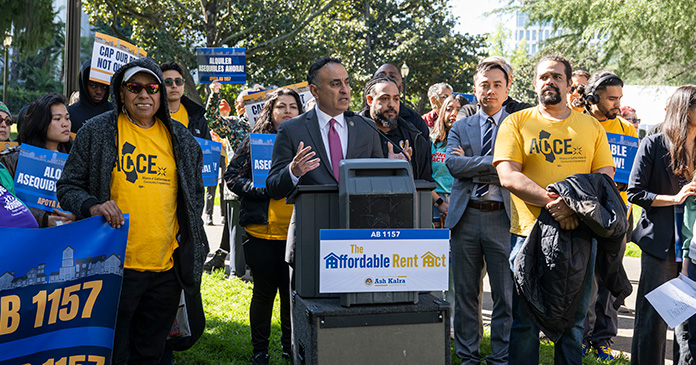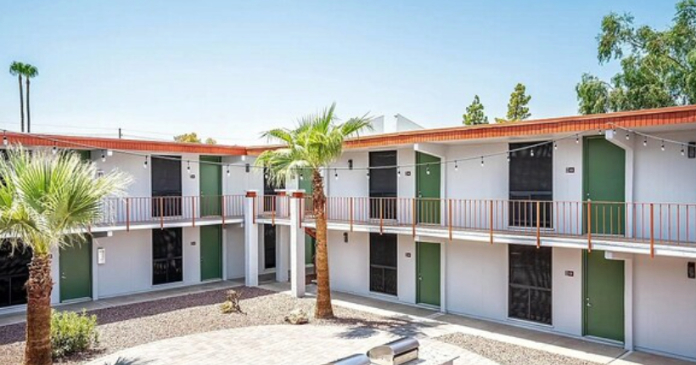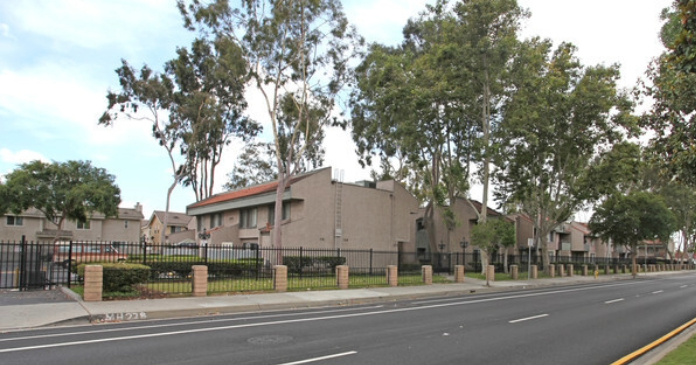The National Association of Home Builders (NAHB) urged Congress to factor in housing affordability when seeking solutions to build more resilient communities that can withstand and recover from natural disasters.
Testifying before the House Transportation and Infrastructure Subcommittee on Economic Development, Public Buildings, and Emergency Management, NAHB Chairman Chuck Fowke, a custom builder from Tampa, Fla., said any efforts to improve or increase the efficiency or resiliency of the U.S. housing stock should focus on cost-effective, market-driven solutions.
New homes built to modern codes are efficient, safe and resilient, which makes increasing code stringency on a tri-annual basis unnecessary, Fowke told lawmakers.
“Evidence from FEMA and others support this fact and demonstrate that modern building codes have been very effective in preventing the destruction of homes due to various storms, fires and earthquakes,” said Fowke. “For example, after Hurricane Michael hit Mexico Beach, Fla., in 2018, studies showed that homes built post-2000 remained standing, while older homes did not.”
A full 130 million homes out of the nation’s housing stock of 137 million are not subject to the new building codes now in effect because they were built before 2010. “Therefore, it is imperative that Congress focus on improving the older homes, structures and infrastructure that are less resilient to natural disasters,” said Fowke. “Federal incentives, tax credits, grants and other assistance programs would go a long way to facilitate and help fund the upgrades needed to ensure our homes and communities are ready for the future.”
Fowke also stressed that state and local governments must retain authority over land use and their code adoption processes so they can continue to direct community development and implement the codes that best fit their jurisdictions. “Model codes are intended to be flexible,” he noted. “What is best for Florida is not necessarily what is best for Nevada.”
“Relying on existing building codes, heeding the expertise of state and local governments, focusing on improving the existing housing stock and providing incentives is the best way to encourage greater resiliency in the nation’s housing stock,” Fowke added. “This approach will mitigate the effects of future natural disasters and also preserve housing affordability for new and existing homes.”




